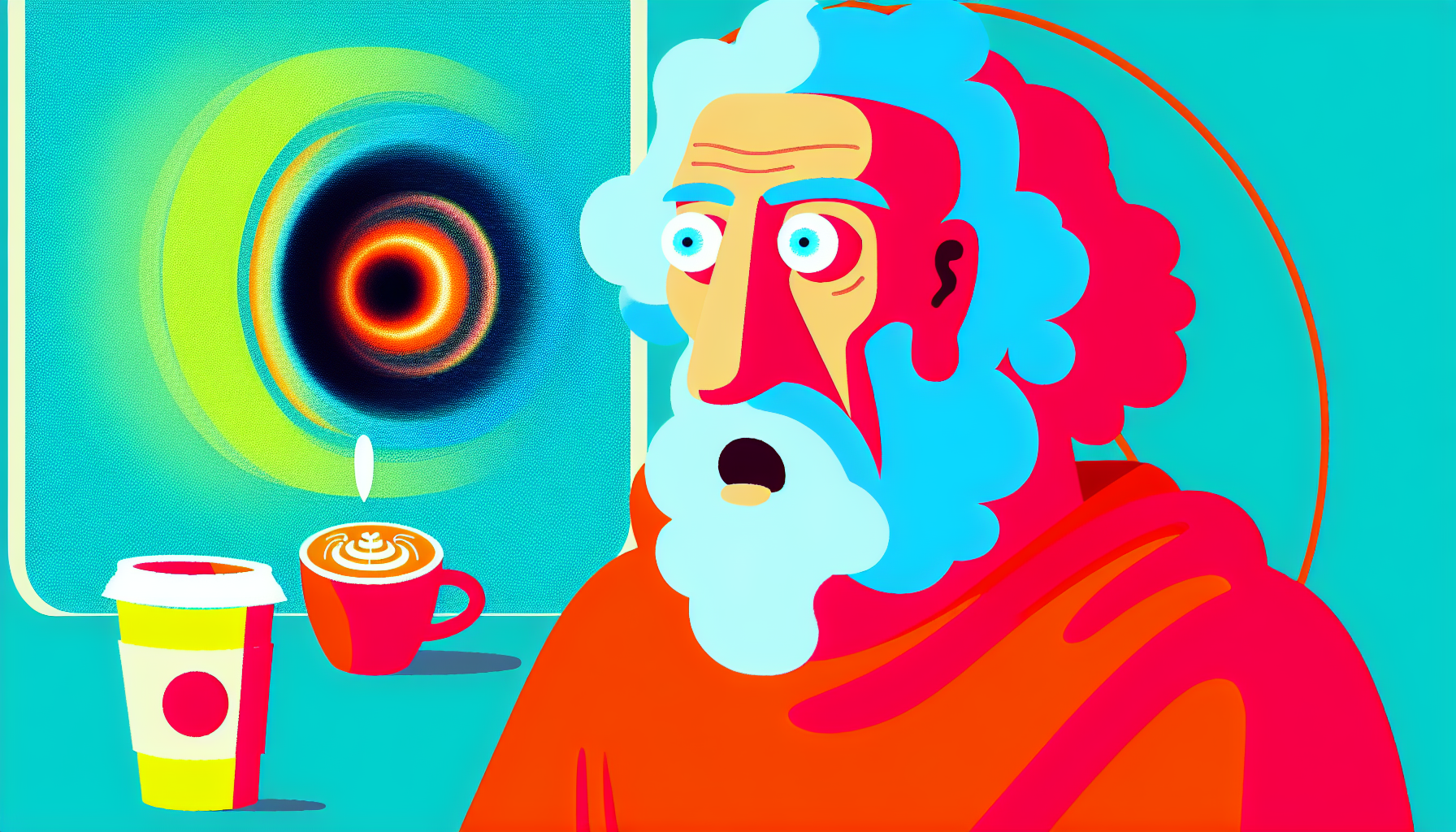Imagine, if you will, an ancient philosopher transported through time, blinking in confusion at the marvels of modern life. Perhaps this philosopher took a leap of faith through a wormhole, fueled by equal parts curiosity and bewilderment. What, he might ask, defines intelligence in a world where machines occupy the spaces once exclusive to human thought? As we sip our lattes and tap on our smartphones, it’s a question worth pondering. Is intelligence a static concept, or does it evolve alongside technology? You might say, intelligence changes hats as the occasion demands.
The Historical Yardstick of Intelligence
Traditionally, intelligence was measured by our ability to reason, learn, and adapt—traits considered exclusive to humans. We took pride in crafting tools, solving quadratic equations, and creatively piecing together IKEA furniture without a manual. People have always been compared to a yardstick of intellectual benchmarks that were latent—in our heads and our hearts—but hidden from view.
Fast-forward to today, where we find ourselves quite unexpectedly sharing the arena with artificial intelligence. Machines are now undertaking tasks that were once our sole domain. They make music playlists that understand our momentary moods better than our closest friends. They beat grandmasters at chess and even, with some stylish panache, drive cars. This encroachment raises an intriguing thought: should we redefine intelligence?
Redefining Intelligence in the Era of AI
AI challenges our understanding of intelligence by demonstrating cognitive functions—sometimes even outperforming humans in specific areas. Surely, a humble machine crafted with silicon and electricity shouldn’t outdo a human’s wit and wisdom, right? But it does, and here we are, contemplating a redefinition.
Consider, if you will, the idea that intelligence might not reside solely within an organic brain’s folds. Rather, it could be identified in an entity’s ability to solve problems, adapt, and learn, regardless of its composition. AI’s artificial neurons can process complex data with staggering efficiency. However, in the end, we bestow the title of ‘intelligent’—sparingly, lovingly—based on an entity’s capacity to outperform us in individual tasks, not mimic our entire cognitive gamut.
AI: A New Form of Intelligence?
Comparing human intelligence to AI is akin to comparing apples with… tech-savvy oranges. AI is fantastic in specifics—very good at doing one thing well due to tailored algorithms—and frankly atrocious once redirected from its focused expertise. Still, in narrowly defined domains, AI can run circles around human counterparts.
Consider the anecdotal case of AI diagnosing illnesses from medical images. AI models, given large enough datasets, can detect anomalies faster and more accurately than the average Joe with an M.D. Still, they don’t grasp the subtleties of patient nuances or empathize with a worried relative. Much like that fruit basket comparison, AI lacks a fundamental versatility.
The Human Touch
Humans, for all our random bouts of forgetfulness and illogical decisions, excel in areas AI has yet to master: emotional intelligence, creativity beyond constraints, ethical decision-making, and even plain old slapstick humor. I mean, think about it—computers might calculate pi to a billion places, but can they predict how much a smile will mean to someone on a bad day with equal precision?
Artificial intelligence lacks the emotive flare—a spark of consciousness, you might say—that humans display. We call this the ‘human touch,’ a cliched term bordering on saccharine, yet one that describes an ineffable element machines struggle to replicate. Perhaps the hallmark of true intelligence lies in empathy and the connections we forge with others, ironclad in their imperfection.
Why Redefine Intelligence?
So why even entertain the thought of redefining intelligence? Because in accepting that intelligence is a spectrum that includes artificial forms, we open ourselves to a greater understanding of coexistence. We’ll be like that exasperated philosopher through the time portal—learning, adapting, and embracing the new with curiosity tinged with the humorous acceptance of our own limitations.
By broadening our definition, we find new ways to collaborate with machines—augmenting our strengths while compensating for our weaknesses. Many hands—or circuits—make light work, and together, we are bound to accomplish feats beyond today’s imagination.
Conclusion: A Humble Nod to the Future
As AI continues to evolve at a speed that makes even a coffee-fueled Red Bull programmer pause, it’s crucial to recalibrate our perception of intelligence. By doing so, we ensure that the harmonious progression of technology and human intellect is not merely wishful thinking or the rumor of nerds with too much time in front of their screens.
In redefining what it means to be intelligent, we expand our horizons and acknowledge that while AI can outperform us in a game of chess, it’s in the greater human game—life—where we truly excel together. Perhaps intelligence isn’t a lonely crown, but a communal dance—one where the unexpected, whether it springs from human creativity or machine innovation, leads the way.
And remember, in the wise, synthesized words of AI interpreting Shakespeare, “To intellect, or not to intellect, that is the algorithm.” Welcome to the future—a place where we create, share, and redefine. Let’s tune our instruments and revel in the symphony.

Leave a Reply